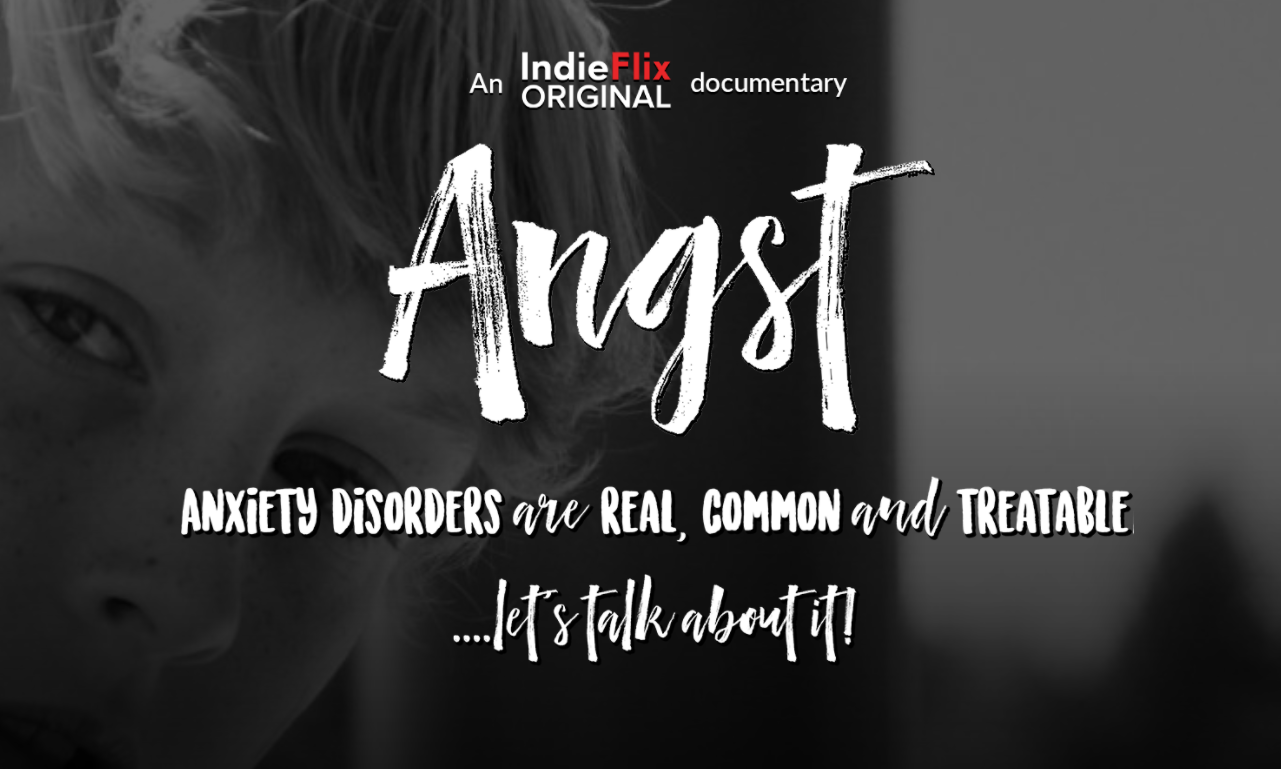A documentary entitled Angst was screened in Hanes Theatre at Chapel Hill High School to bring awareness to the issue of teen anxiety on January 30. A panel discussion followed the event, which was open to the public free of charge.
Jim Wise, Chapel Hill High School’s student assistance program specialist, learned about the film at a community meeting. “The topic piqued my interest,” Wise said. After watching trailers, Wise said he recognized that much of the testimony presented by teenagers who were interviewed matched what he has heard from Chapel Hill students.
Several students in the film described their experiences suffering from panic attacks, which affect breathing, increase heart rates, make hands sweaty and trigger other physical and psychological symptoms.
“It becomes more and more dramatic… It gets to this climax where I’m just buzzing… I have to stop what I’m doing and go get a glass of water to calm down,” one student in the film said.
In addition to accounts of teenagers who suffer from anxiety disorders, the film presents research from mental health experts with resources to help manage anxiety. “[Anxiety] makes you feel depressed, and it makes you feel kind of hopeless,” Jenny Howe, a therapist at Waypoint Academy in Utah, said in the documentary.
Cindy Sortisio, a clinical psychologist and the co-owner of Durham-based Counseling Services, Inc., was one of the panelists for the discussion. She advised students to focus on eating and sleeping well in order to combat heightened anxiety.
Wise suggested that students set aside time for exercise and sleep, even with work and homework. Taking care of themselves and maintaining a good diet improves their ability to cope with anxiety, he said. During course selection, students should not “set themselves up to be overwhelmed,” Wise said.
Parents who were interviewed in the documentary, and later those in the audience, wondered how to tell the difference between clinical anxiety and just “being anxious,” especially with the stigma around mental-health disorders.
“There’s function, and then there’s internal distress,” panelist Charleen Enns, a clinical therapist from Carrboro, said. She advised that when helping someone with anxiety, it is important to strike a balance between “fostering dependence and forcing independence.”
Most of the documentary consists of snippets of interviews with students, parents, teachers and mental-health professionals.
One middle-school student featured in Angst loved swimming and idolized Olympian Michael Phelps. The producers of the film brought out Phelps to talk with him and share his experience with mental-health issues.
“In 2004, 2008, 2012 and a major part of 2014, I just didn’t want to be alive anymore,” Phelps said. “If something came where I had depression or anxiety, I couldn’t do anything. I finally came to my tipping point, and I started talking about it.”
Therapists in the film said that even when students with anxiety feel alone, they can do things that help. Popular stress-reducing acts include consciously taking deep breaths, holding ice cubes in the palm of the hand or listening to the quietness of the room.
Many parents at Hanes asked the panelists how to manage the “beast” of technology, worrying that connections that constantly follow students, like social media and instant messaging, can be stressful. The panelists responded that cutting off children’s access completely is unreasonable, though simple rules, like monitoring phones and not allowing students to use them late at night, should be put in place. Two of the panelists, both parents, use the threat of taking away their children’s phones as forced transparency.
Film distributor IndieFlix, based in Seattle, Washington, produced Angst to draw attention to the causes and effects of anxiety and how it can be managed. Almost 200 people came to see the film, mostly parents, though a handful of students were in attendance.
Parent Teacher Student Associations from Chapel Hill and East Chapel Hill High Schools joined the Public School Foundation to pay the licensing fee to hold the event free to the public. The film is only shown at community centers, and IndieFlix requires a panel to accompany it, though Wise hopes to share the film with all the middle- and high-school students in the district.
Resources and videos are available at the film’s and the school counseling website.
